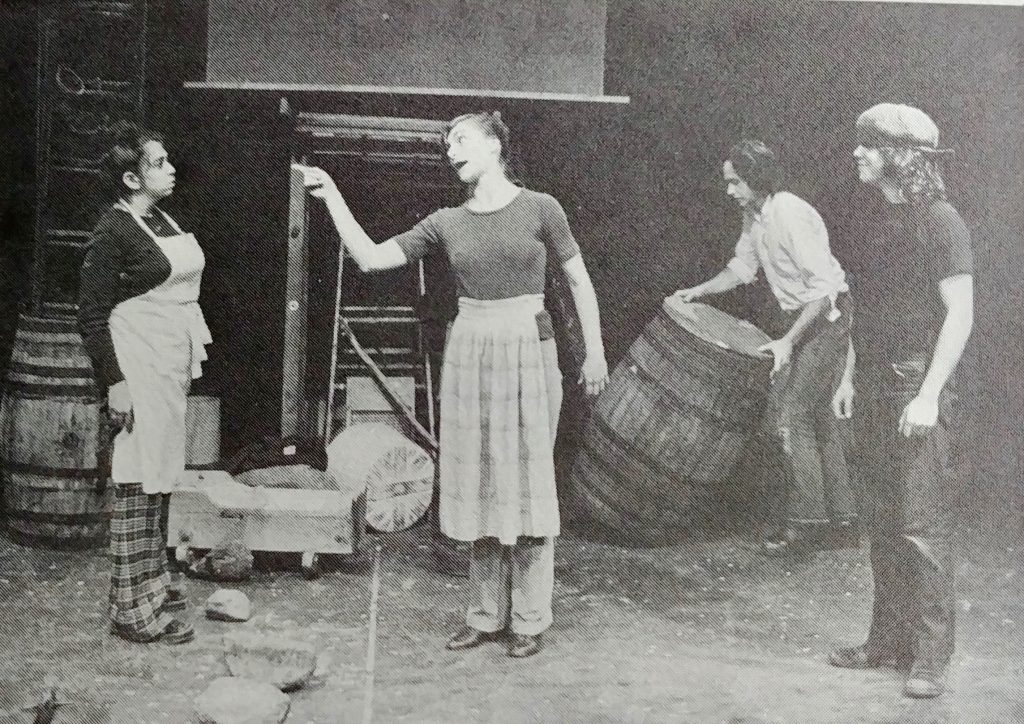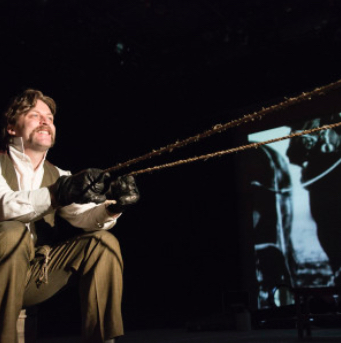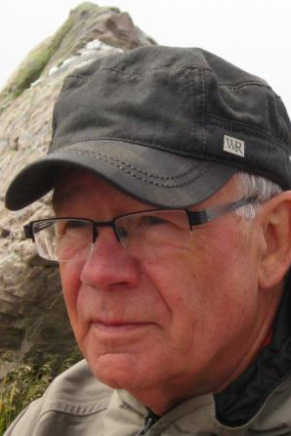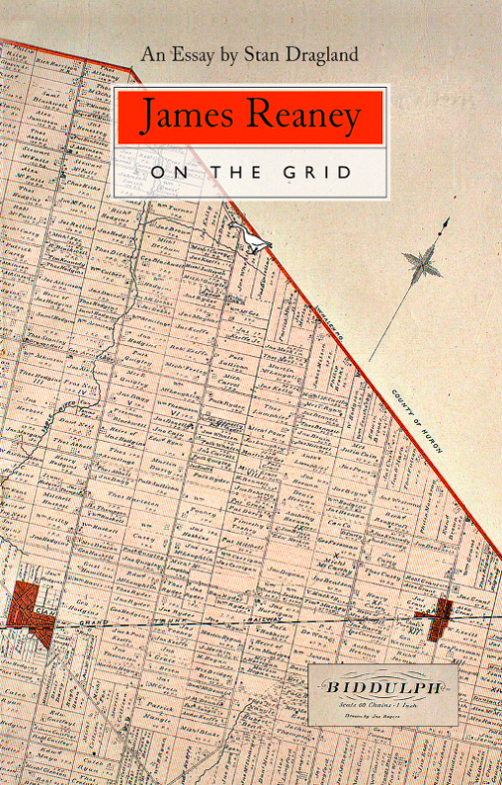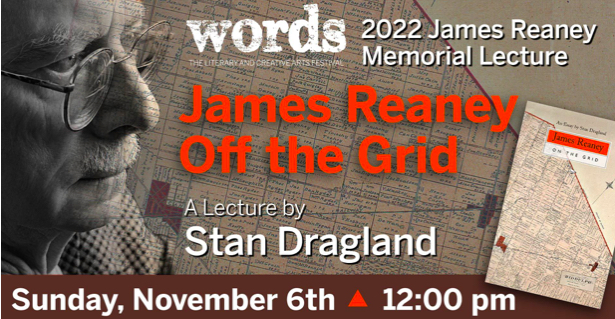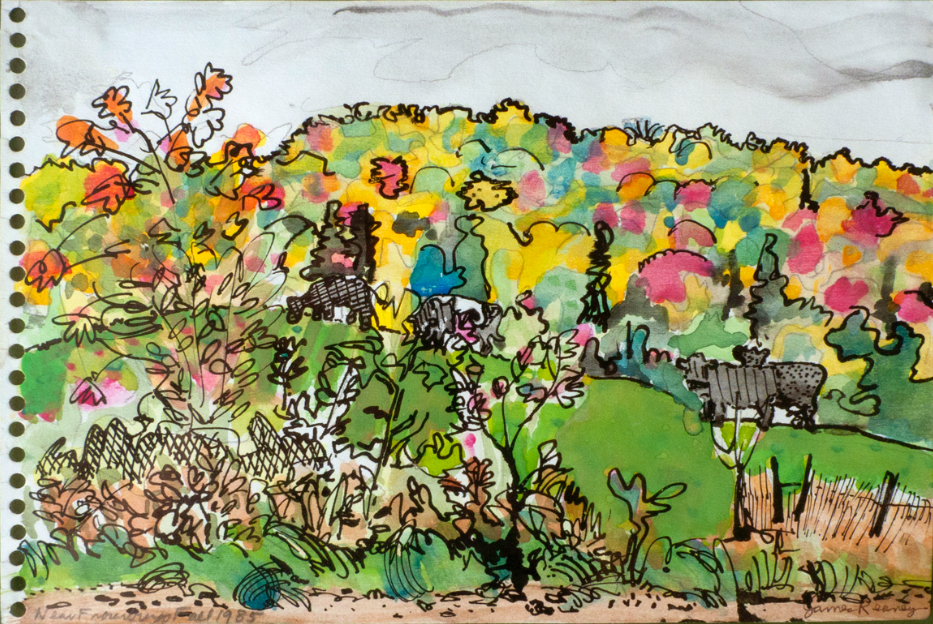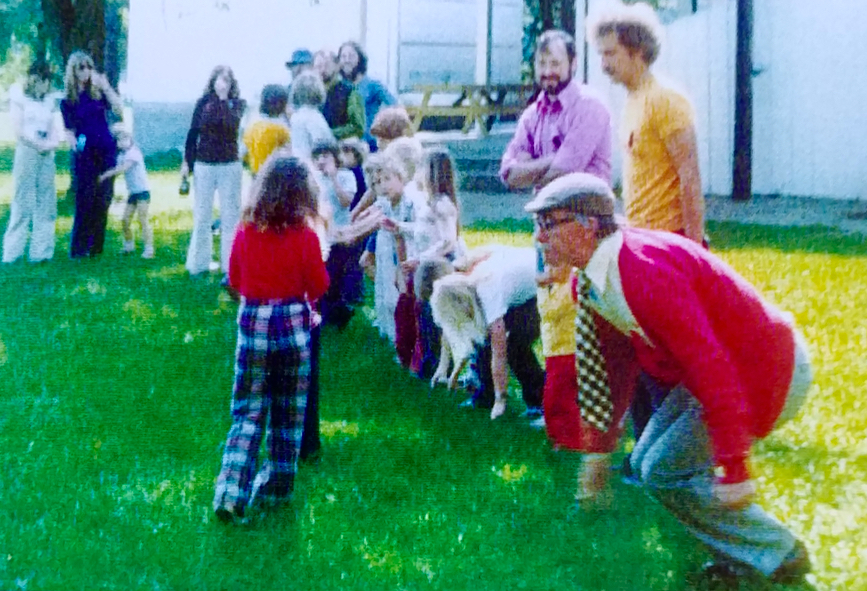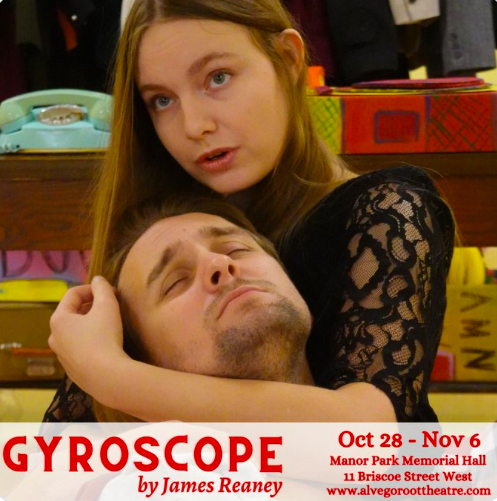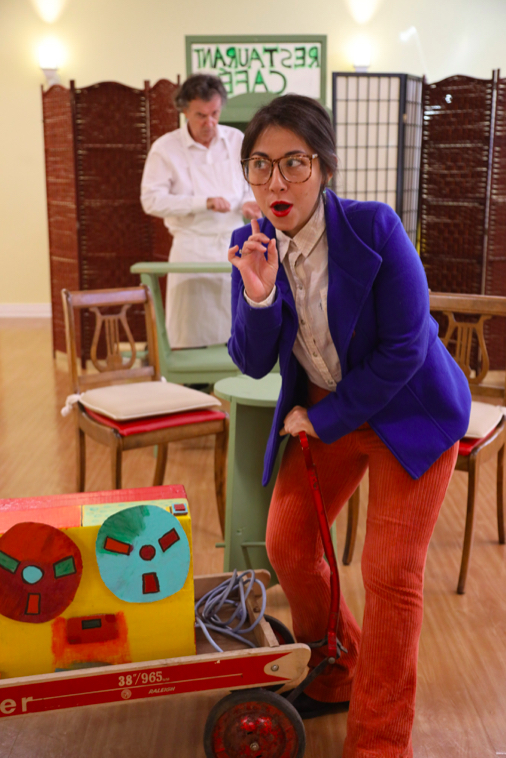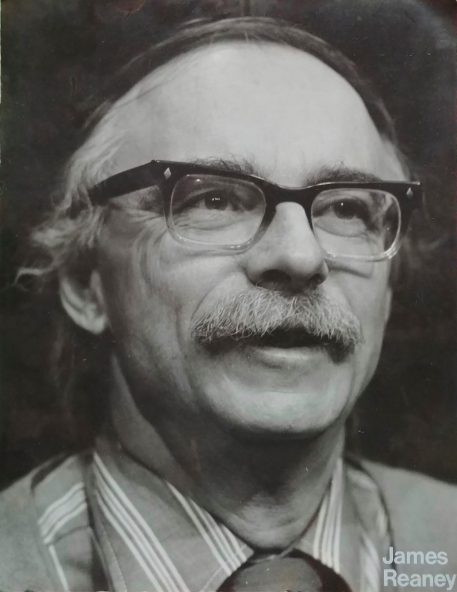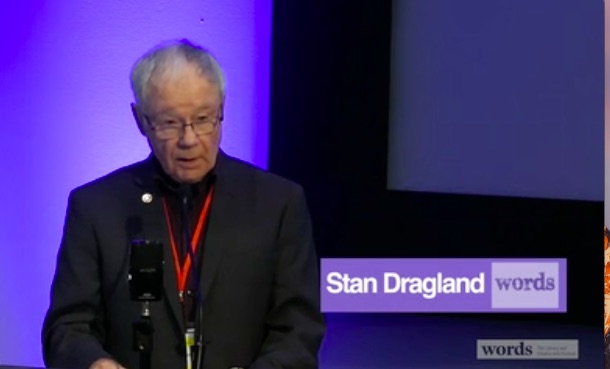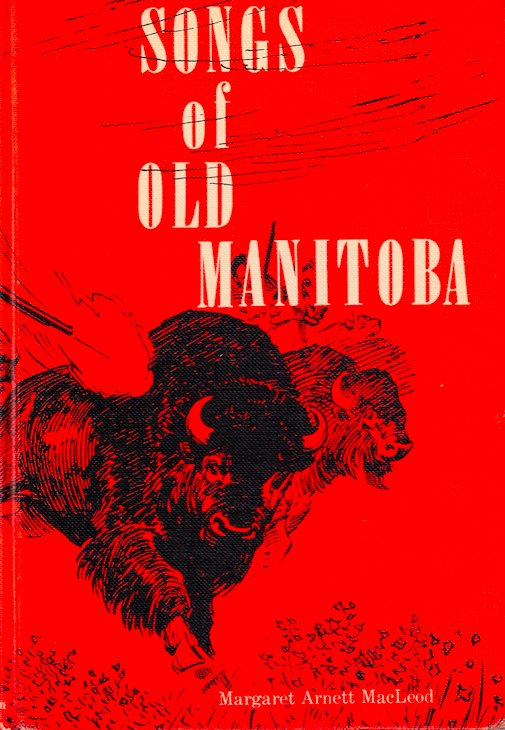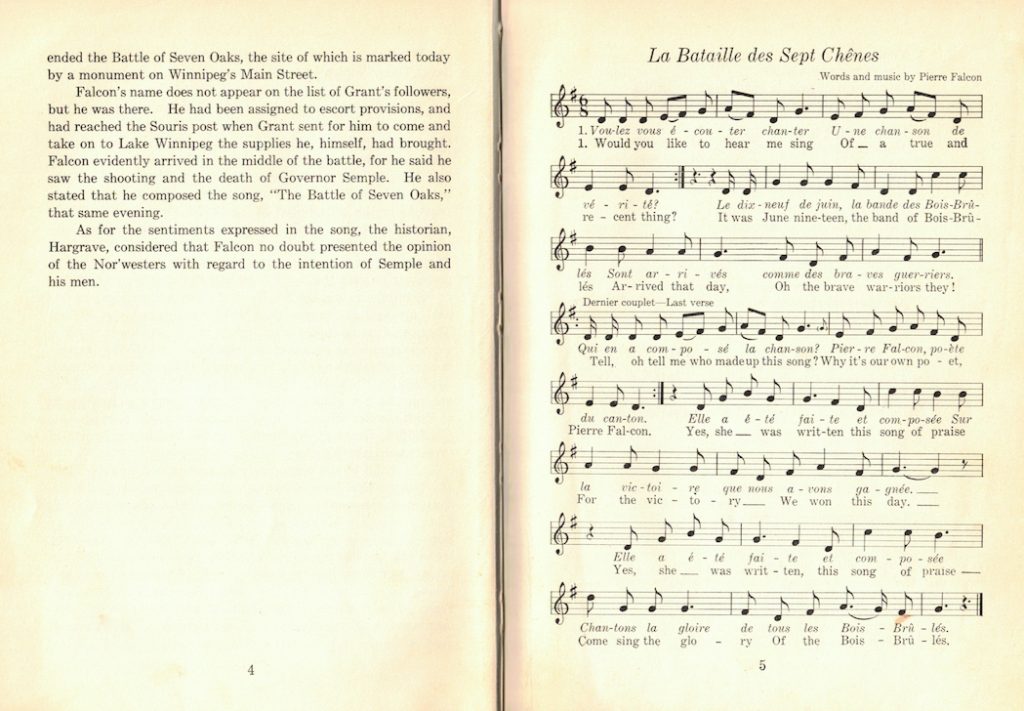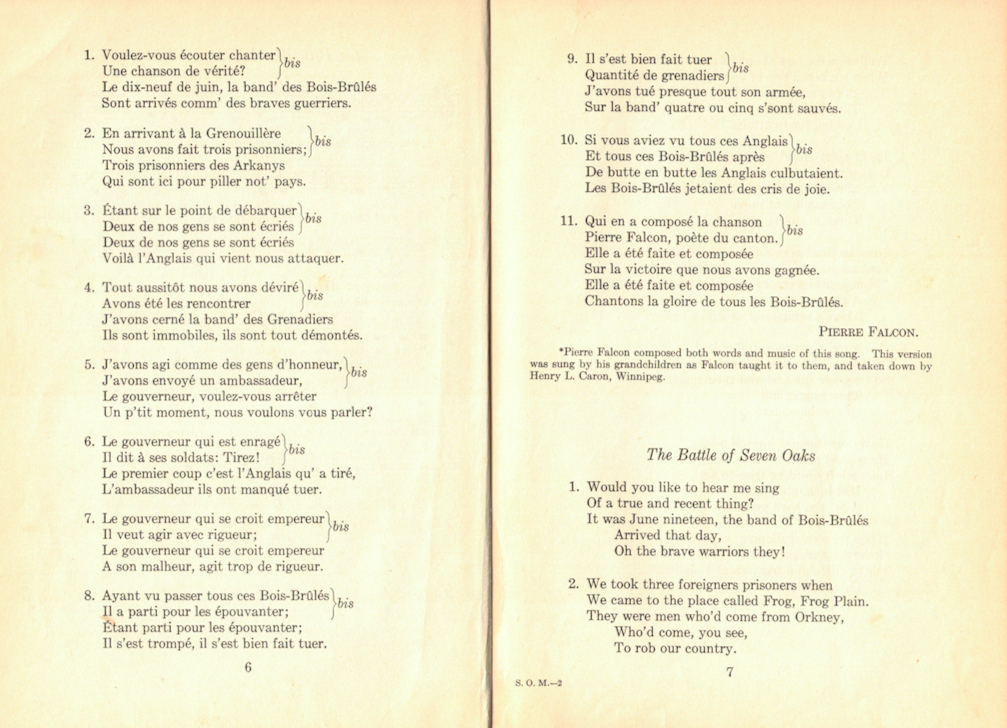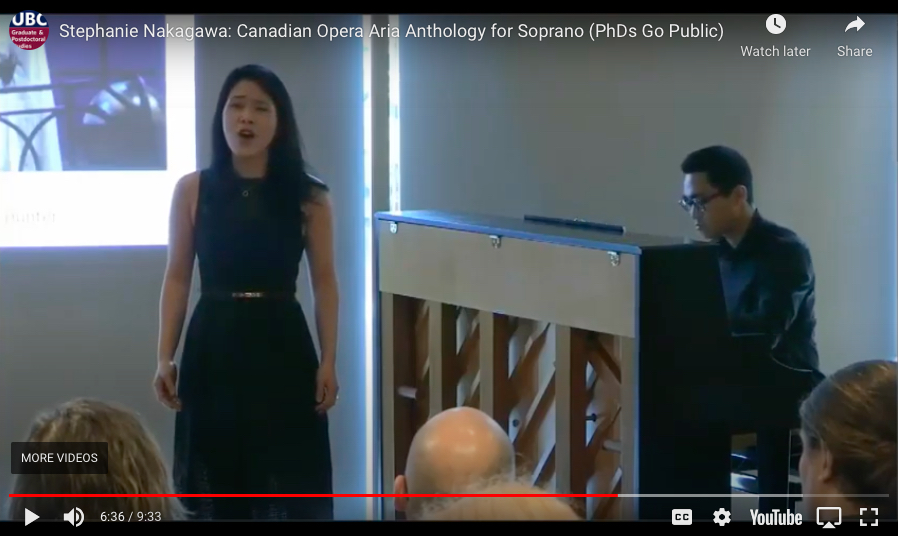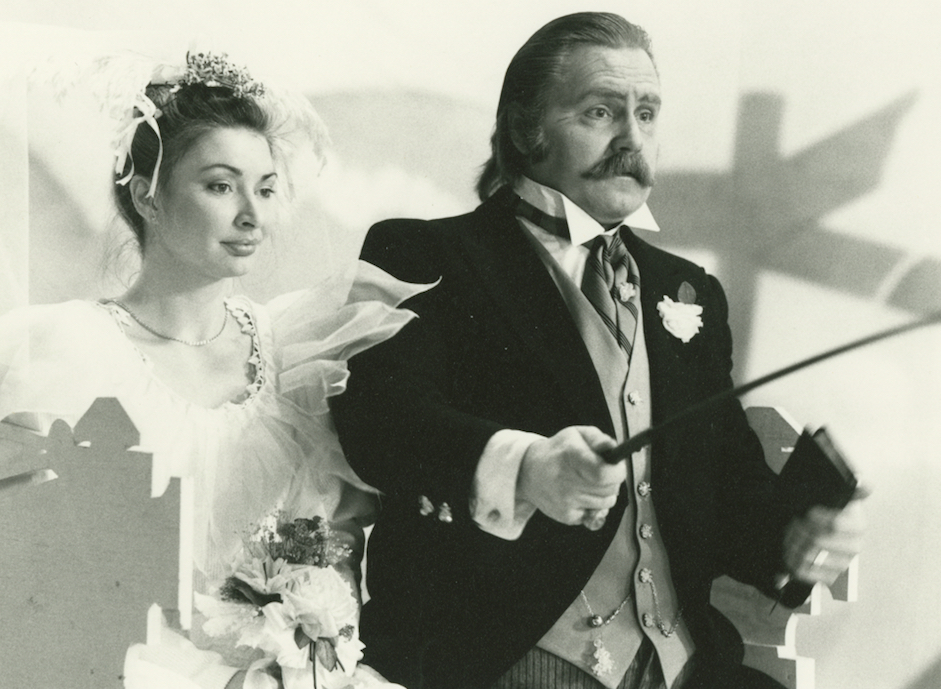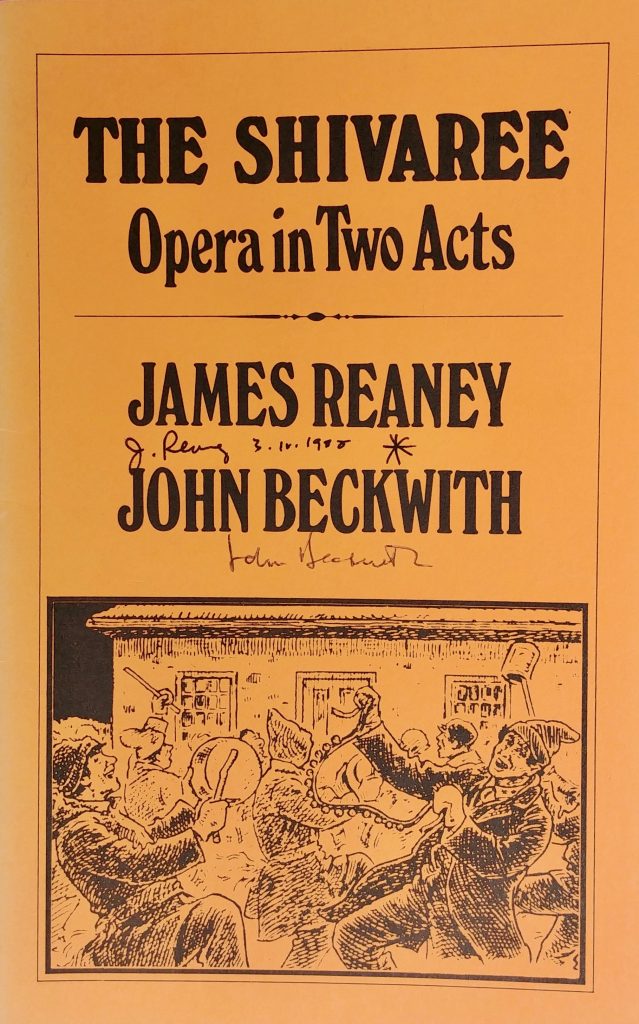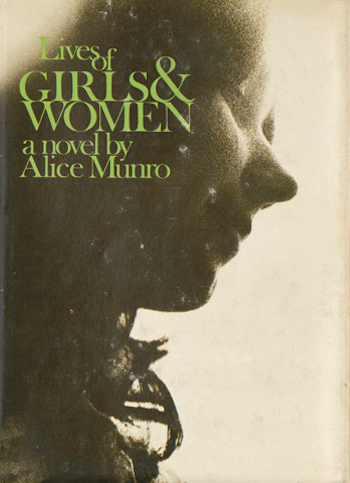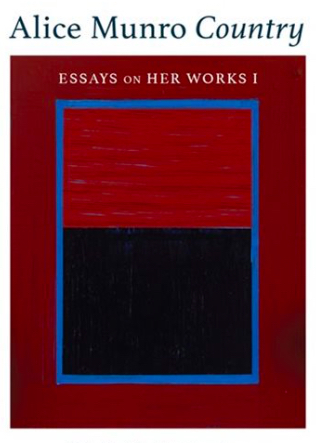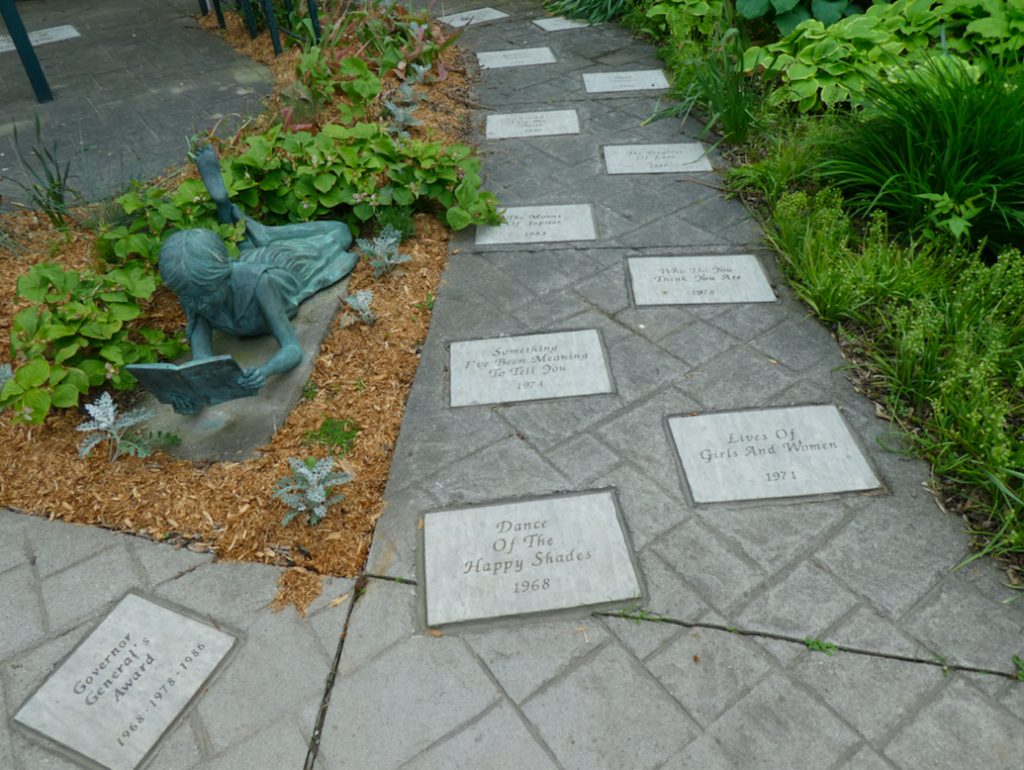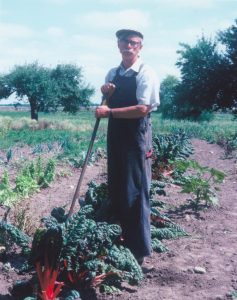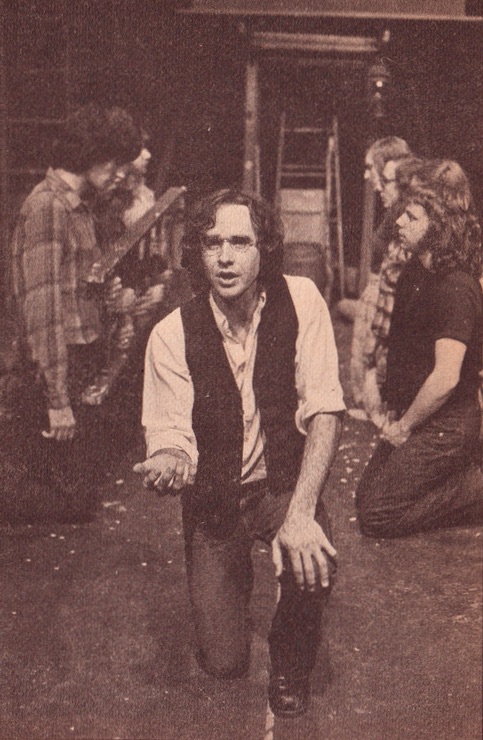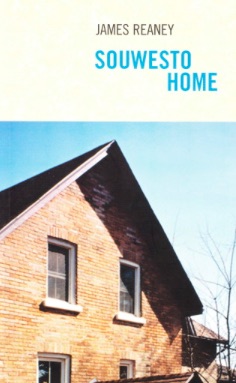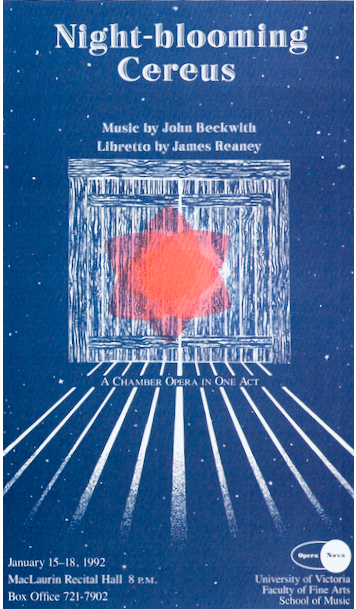
Night Blooming Cereus, a chamber opera in one act, is one of several musical collaborations between poet and playwright James Reaney (1926-2008), who wrote the libretto, and composer John Beckwith (1927-2022).
In his autobiography Unheard of: Memoirs of a Canadian Composer, John Beckwith had this to say about his first opera:
“Furthering my ambition to compose an opera, I had the great good luck to find a librettist — a writer who understood music. James Reaney shared my love of opera, and early in our friendship in student days we spoke of perhaps collaborating on an original work. In early 1953 I received from him a draft of Night Blooming Cereus. The one-act opera he imagined taking shape as a sort of southern Ontario miracle play. It turned out to be the first of four operatic works we produced together over succeeding decades…”[1]
“[…] We worked on it slowly through the mid-1950s, almost entirely by correspondence, while starting to raise families and work on tenure, he in Winnipeg and I in Toronto. No one seemed interested in staging it, but we were fortunate that CBC Radio offered a broadcast production, and, encouraged by its success, repeated it the following year. In the season 1959-60 we were supported by a small committee of friends to raise funds for a live staging of our own.”[2]
James Reaney describes meeting the demands of the composer for more variety of metre in the draft libretto of Night Blooming Cereus as being “galvanized into, at the time and for me, incredible labours of counting syllables, making parallel lines exactly the same length and finding good clean, clear and sonorous rhymes… From those Manitoba fall nights…I date my birth as a craftsman in words.” [3]
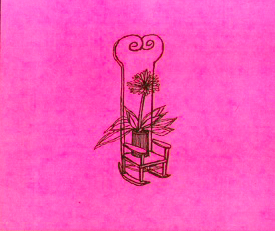
In Scene 2 of the opera, lonely Mrs Brown tends to her house and her Night-blooming cereus, which is due to flower that evening.
(The dishes are put away, the cupboard door closed, the dishwater somehow disposed of. She gets the broom from behind the stove.)
SWEEPING
Look at the faces on the floor
In the wood of the boards they are
Faces of dust I sweep with a broom,
Sweeping the dust in this room.
Sweeping sweeping sweeping sweeping
Has a sound like weeping
If I kept all the dust I’ve swept
It would be she I have wept
Whose face appears more often than not
In the dust and the fire and the knot,
And the blowing rain on the window
And the tree branches’ shadow
Contain your face there! and again there!
My lost girl in dust in the air.
But it is best to go on sweeping
Over the faces better than weeping.
Here is the face of an old man peeping.
Here is the face of a young man reaping.
Here is the face of an old woman sweeping.
(A bit tired with so much activity, she sits in the rocking chair.)
ROCKING
Rocking rocking, rocking rocking
Very very slowly
What I have been doing rocking,
Most of my life lately.
Sewing at a shirt or stocking
As quickly as I can
And what the people to me bring
I sew at while rocking
Like selling footsteps to all houses
My stitches go through cloth
Of caps and nightgowns and blouses
Dresses, handkerchiefs and vests.
I sew for everyone here,
I the restless stillness,
My thread looks through cloth for tear
And the butcher’s apron.
The sewing connects each one
To myself except for her.
She walks about beneath the sun
Without my sewing snow.
As the white snow fills fields and lanes,
Till they cover me all.
Upon my old and long-used bones
Rocking and sewing fall.
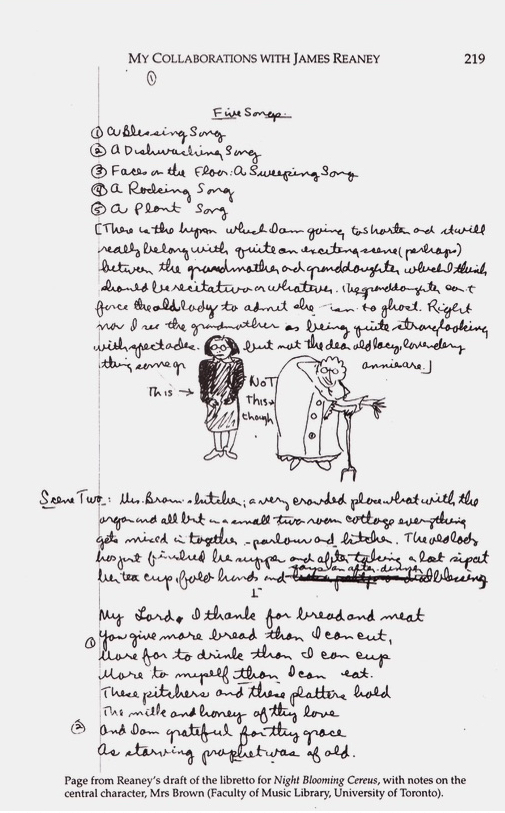
[1] John Beckwith in Unheard Of, page 246
[2] James Reaney in his essay “An Evening With Babble and Doodle: Presentations of poetry”, Canadian Literature 12 Spring 1962, pages 37-43
[3] John Beckwith, James Reaney on Music, 2016 James Reaney Memorial Lecture

